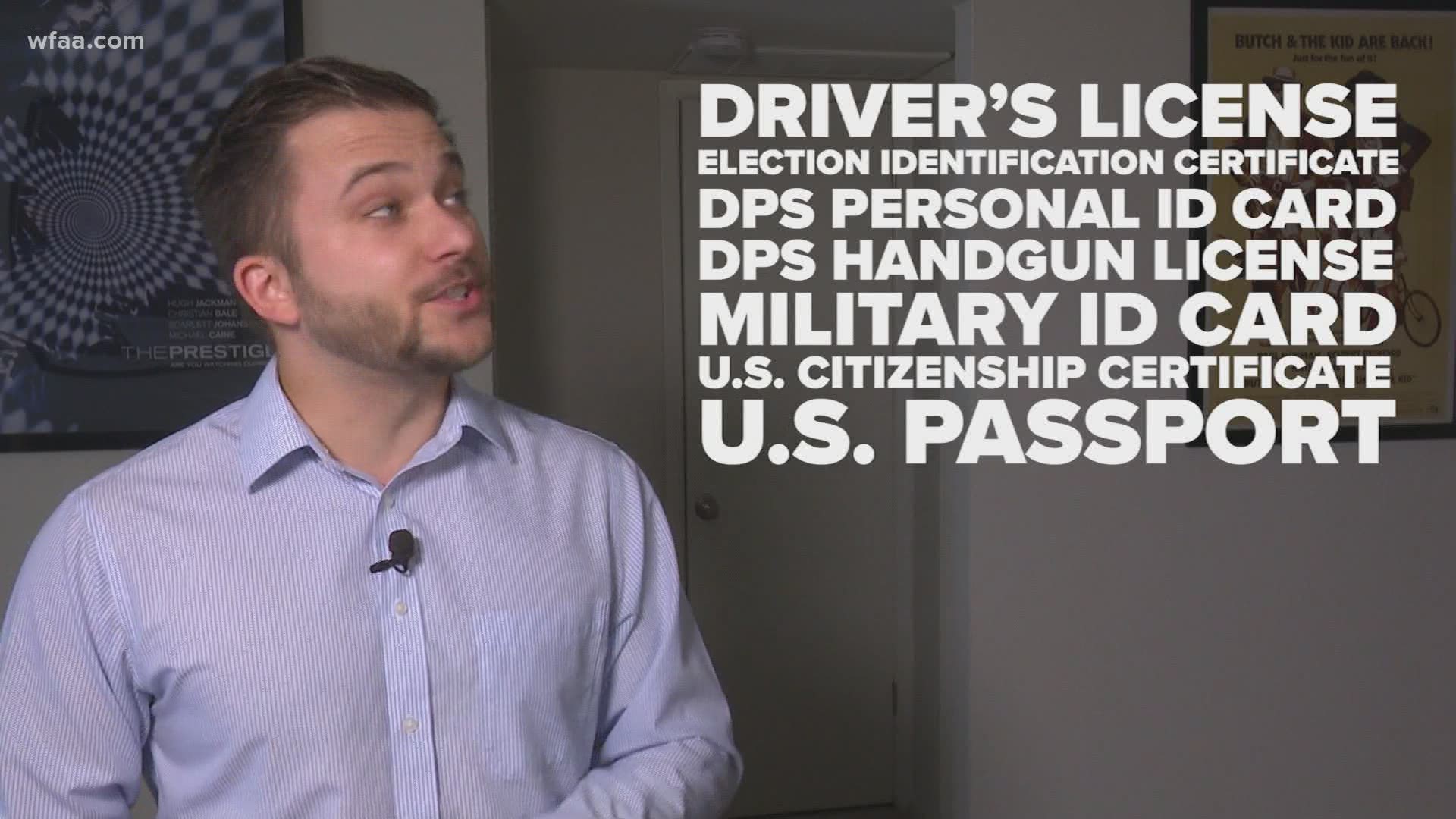This story originally appeared in The Texas Tribune.
For the first time since nationwide calls to defund law enforcement gained traction in Texas, voters in one of the state's largest cities will decide Tuesday whether to keep or do away with a half-cent sales tax that funds at least 24% of its police department's budget.
A measure on Fort Worth voters' ballots asks if they want to extend for another decade the sales tax that provides more than $85 million to the department's budget, which gets another $267 million from the city's general fund. In 2014, an extension of the tax was approved by 84.6% of voters.
But this year's vote comes after George Floyd's death in Minneapolis police custody sparked massive protests against police brutality across the country. And it follows at least three high-profile incidents where Fort Worth officers were accused of — or charged with crimes for — using excessive force against Black residents, two of whom were killed by police.
Proponents for defunding law enforcement — which does not always mean cutting all funds and disbanding police departments — hope that recent political and social shifts will lead to the ballot measure's failure.
“This is not preventing crime, it’s not preventing violence," said Pamela Young, community organizer with United Fort Worth, a grassroots organization that works with marginalized communities in the city. "It’s only responding to crime and many times perpetuating violence, especially in Black and brown impoverished neighborhoods. This enhances SWAT teams, it goes into policing our schools, it goes to increase surveillance in our communities.”
Floyd's death sparked a movement calling for money spent on law enforcement to be reallocated to social safety net and community programs. But Sgt. Manny Ramirez, president of the Fort Worth Police Officers' Association, said that voting against the tax would not lead to investment in other areas.
“If the vote doesn't pass, $80 million disappears overnight and there is no money to put towards these social programs,” Ramirez said. “If citizens do want to have different programs funded by [the tax], then they ought to contact their elected officials and ask about those and give them their ideas for those programs.”
The Houston City Council recently marginally increased its police department budget. Austin officials are proposing a 2% cut to its police department and Dallas officials delayed the approval of a $6.5 million increase to their police department's budget.
Fort Worth is the largest of more than 60 Texas cities that have what's called a crime control district. These districts — which must be periodically approved by voters — are funded by a portion of the sales tax that is different than the portion of a sales tax that often flows into a municipal general fund. Voter-approved crime control district sales taxes can only be used for crime control and crime prevention. Sales taxes flowing into a city's general fund can often be spent in any way that elected officials decide.
Fort Worth's crime district was first approved in 1995, with the goal to tackle a crime wave that Fort Worth was experiencing at the time, as were many other cities in the country. It has funded a wide range of items for the past 25 years, from high-tech equipment to after-school programs.
“It's been a phenomenal thing for our city over the last 25 years and we hope that it continues,” said Ramirez. “It’s one of the reasons why Fort Worth is one of the safest cities in America.”
But things have changed in the six years since the tax was last approved.
Fort Worth activists say the community has been mobilized by some high-profile incidents involving police officers' use of force on residents. In 2017, an officer was suspended after violently arresting Jacqueline Craig, who had called the police when a neighbor attacked her son. Last year, another officer shot and killed Atatiana Jefferson, during what was supposed to be just a wellness check. And in February, a jury cleared two officers for the death of Jermaine Darden, who died after being shot with a taser during a raid in 2013.
“We’ve been petitioning our City Council, city staff, city major for years for criminal justice reform, and for policing reform, because our people are dying,” Young said. “We’ve gotten absolutely nothing from them... We don't trust them with our tax dollars anymore.”
The Fort Worth Tarrant County Branch of the National Association for the Advancement of Colored People has also said that there's been "no real community input" into how this money will be spent and criticized that the vote will renew the tax for 10 years, a longer period than it's previously been extended.
The tax currently funds after-school programs, domestic violence programs and anti-gang interventions. But advocates said that most of the money helps fund enforcement and infrastructure items, like the SWAT team or updating the fleet of patrol vehicles.
“Over the years the budgeted percentage of the funds to the community groups has gone from 80% to 20%. In this proposal 80% of the funds will go to Police,” the organization said in a statement.
Kwame Osei, leader of the social justice advocacy organization Enough is Enough Fort Worth, said that this is not what his neighborhood needs and he would rather see this money invested in other areas, like parks and public transportation.
“We need to give our kids a lot more to do and more accessible tools for prevention of crime,” Osei said. “Crime has continued to decrease in the city of Fort Worth, but the militarization of the police has kept increasing.”

